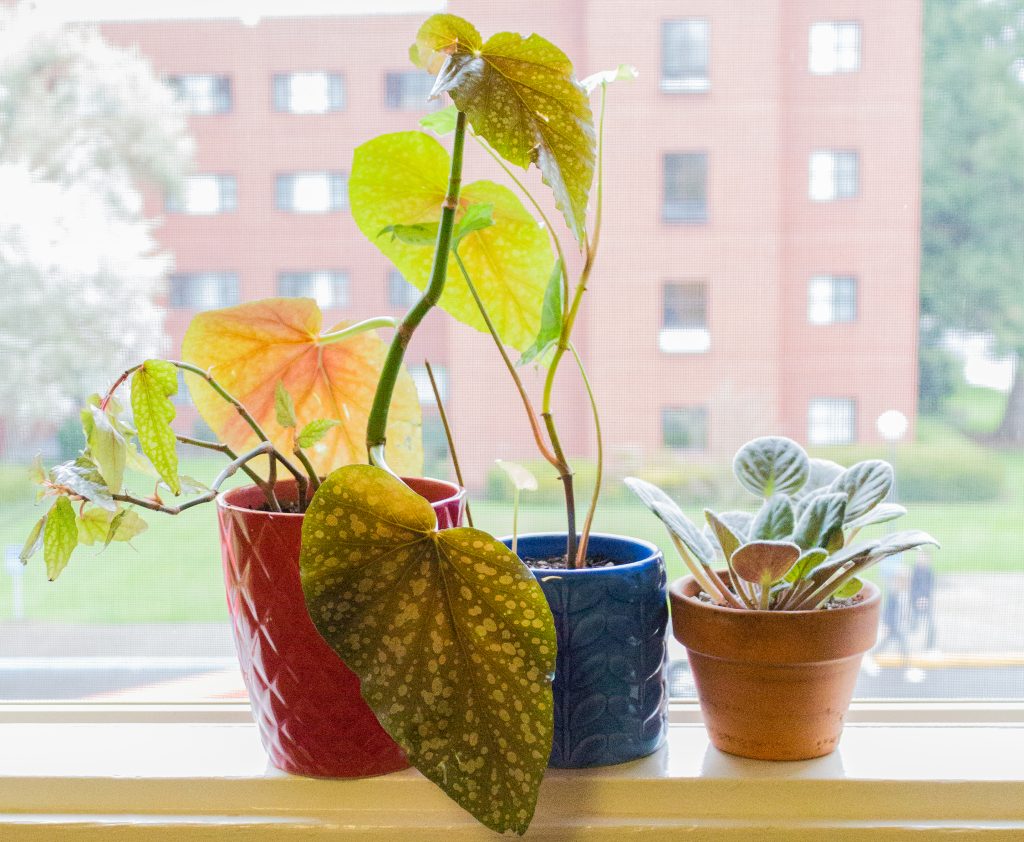
Rebecca Meyers | Lifestyle Editor
Confusing weather patterns, allergies acting up and restless seniors are pretty good indicators that spring has arrived at Western. With the sun finally making some appearances again, it’s the time of year that plants begin to bloom.
Planting a garden, whether for purely aesthetic purposes, for growing fresh food or a little of both, is one of the many opportunities that comes along in springtime. Since everyone has to start somewhere, here’s some tips for those just starting out with their own gardens.
- Make sure you have everything necessary for maintaining a garden. Is there enough space for each plant? Are there steady sources of water and sunlight?
- Try starting small or easy. Some plants require more time and management to keep alive and healthy. According to finegardening.com, some of the easiest plants to grow include snap peas, sunflowers, cucumbers and zinnias.
- Include the timing in the overall planning. It might be nice to imagine the whole garden blooming at once, but some plants peak in spring and early summer, like blueberries, while others grow best in late summer and fall, like squash and pumpkins.
- Start building the habit of taking care of the garden. Add watering, feeding and checking for weeds to your routine to avoid forgetting to take care of plants and risking their health.
- Do some research to find out if it’s a good idea to buy different soil or mulch for the garden. While not necessarily a requirement, they can make it easier to maintain the garden overall. Nutrient-rich soil can help plants stay healthy while mulch helps keep weeds away.
- Be patient. Whether starting from seed or a small plant, produce plants often won’t yield much in the first year. They will need time to grow and a committed gardener. Flowers can be nice because they give the satisfaction of the quick and near guaranteed payoff of blooming, which can be encouraging to beginning gardeners.
Contact the author at howllifestyle@wou.edu
Photo courtesy of Ashlynn Norton

